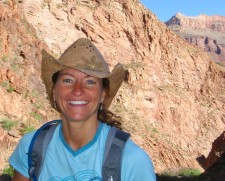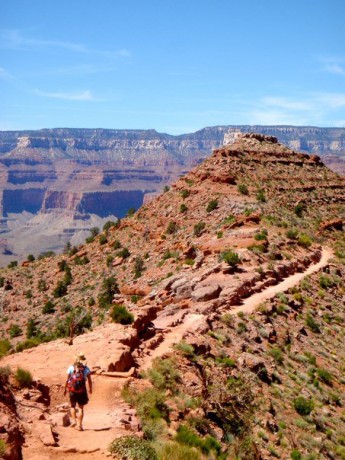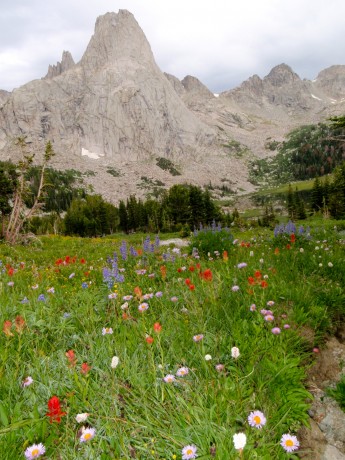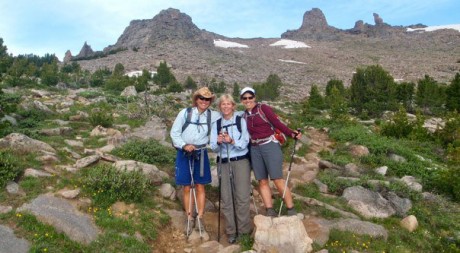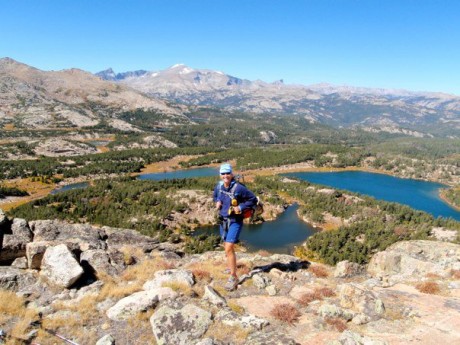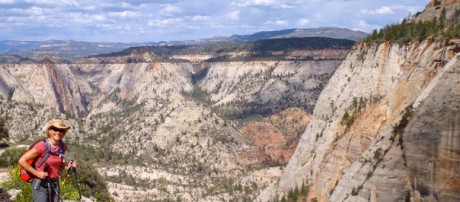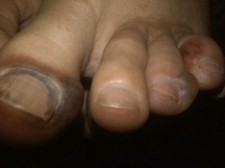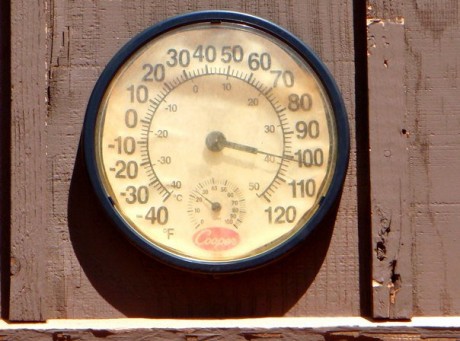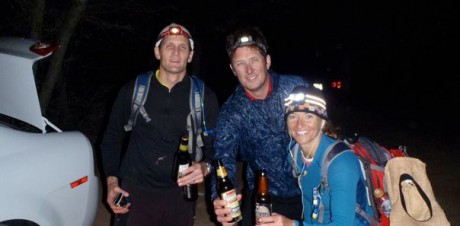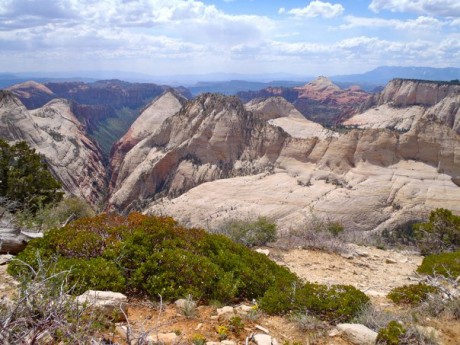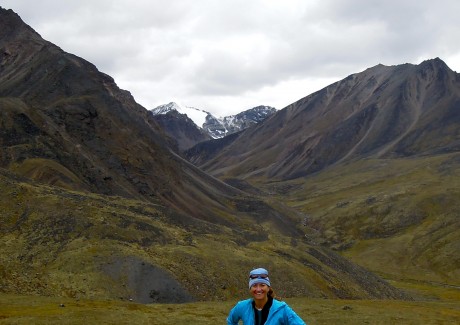(Note: Here’s a 4-minute video blog of the same)
Most of us have an idea about what we want our life and future to be. Call it our destination. It’s where we’re headed. It’s the life that we’re trying to create. It’s what every day we’re working toward.
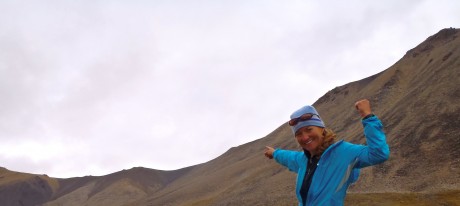
There are many ways we can get there. And I suspect most of us would agree that there is value in the journey.
So we “route find” our way through our lives. At times we follow paved roads, complete with signs and navigation. Other times we follow trails. And still other times we bushwhack, creating our own path. Life is a series of macro and micro route finding decisions. For example, a macro decision for me is deciding that I want to be a life and leadership coach. A micro decision might be determining what coaching program to enroll in.
In August, I embarked on a NOLS Backpacking course in the Brooks Range of Alaska. For two weeks we backpacked north of the Arctic Circle. There are no trails in the 700-mile-wide Brooks Range. So our course involved a lot of map reading and route-finding.
About halfway through the course, we had to make a decision about which route we’d follow to hike to the Dalton Highway to meet our pick up at the end of the course. We had two choices: Follow the Chandalar River bottom all the way out, or, take an alternative route, which we dubbed “the high route,” which would mean ascending at least two mountain passes.
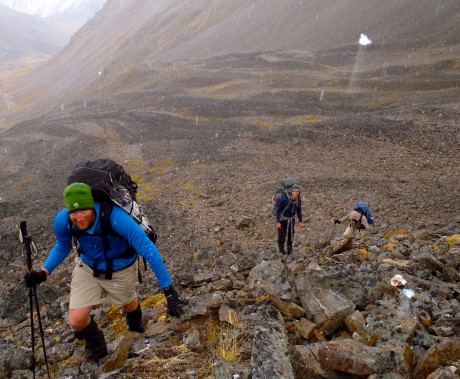
Thankfully we voted and it was decided, unanimously, to take the high route.
Now, don’t get me wrong. There are far worse ways to spend six days than hiking along the Chandalar River. However, it would be about six days of the same spectacular scenery and experience. It would lack adventure due to the unvaried aspect of the route and the predictability of the terrain.
The high route, on the other hand, would provide a variety of vantages from which to view the Brooks Range. It would also be more physically demanding, mentally challenging, while almost certainly providing more uncertainty. It would be the more interesting route, and there would be far more learning to come out of it. For all of these reasons I, and I think my course-mates, found it to be more compelling.
I think we chose well.
I remember one day my hiking group ascended a mountain pass. A light snow was falling on us, making the terrain, which was loose rock on top of loose rock on a steep slope, wet and slippery.
It took tremendous focus and determination for each of us to ascend the pass. Each foot had to be deliberately placed. It was not fun. It was hard work and extremely taxing on the body and the mind.
For which we were significantly rewarded. Standing at the top of the pass, we were elated about our accomplishment, as we took in views of mountains in all directions and a labyrinth of canyons. And, to top it off, one side of the pass had a complete, bright rainbow arching over its abyss, and the other side had intermittent sun shining through lightly falling snow. It was surreal, and it was unforgettable.
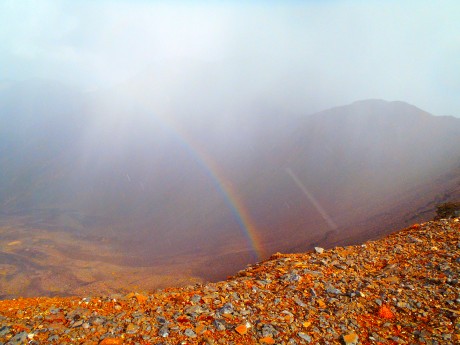
We would have missed this amazing experience had we chosen the easier, safer route.
Life is like this. We get choose our route(s), and factors that will influence our decisions often include amount of effort required, degree of difficulty, level of uncertainty, and so on.
Following a well-traveled path is easier. The heavy lifting has been done. There are maps, textbooks, signage, experiences and wisdom shared from others who have gone before us. There is not a lot of new learning required. It’s predictable, and as a result pretty “safe.” There are few unknowns, if any.
Charting your own path is harder. It’s baptism by fire, trial and error. It’s bushwhacking. It’s climbing uphill, and over loose terrain. You’re more exposed. There are many unknowns, because it’s possible that no other person has gone before you, or where you intend to go. You might hike all day before arriving at a cliff, which will mean backtracking, re-routing, or possibly having to start over. There are no maps. It’s mostly work, and a lot of learning.
It’s a great question to ask yourself: In your life, are you following a trail, or are you charting your own course? And how’s it working out for you?
I am a life/leadership coach who provides on-demand coaching, combined with an epic adventure. Please email me if you’re interested in learning more about this.
RELATED POSTS:
NOLS Brooks Range Backpacking course — Not a Guided Tour
My Brooks Range People Made Me Better
Other Life and Leadership-related Posts
